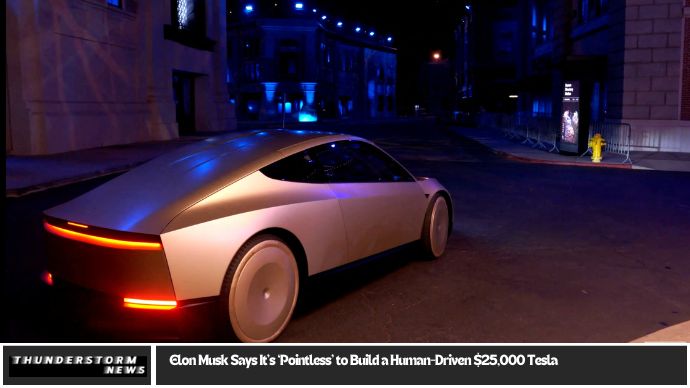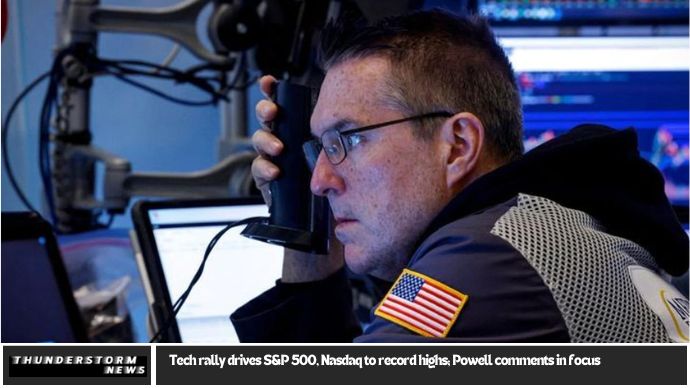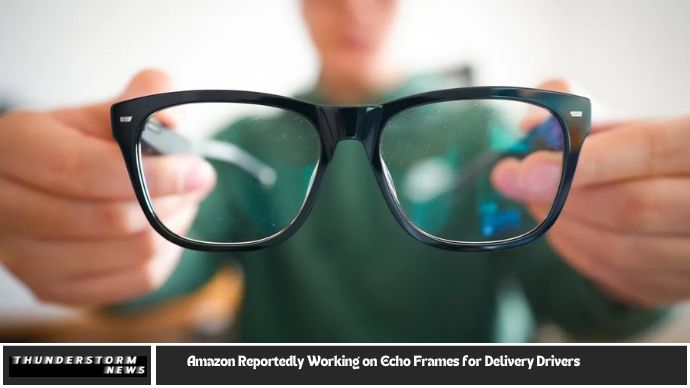Elon Musk, the visionary CEO of Tesla, has once again dropped a bombshell statement that’s sent ripples through the automotive and tech worlds. In a recent interview, Musk boldly declared that building a human-driven Tesla priced at $25,000 is “pointless.” This shocking remark has stirred up discussions, and for good reason.
Tesla’s mission has always been to push boundaries, innovate, and redefine the car industry, but Musk’s statement raises critical questions. If a $25,000 Tesla isn’t in the cards, what does this mean for Tesla’s future, the electric vehicle (EV) market, and consumers eager to own an affordable, mass-market EV? Let’s take a closer look at what this means and why Musk thinks it’s a move that makes little sense.
The Vision Behind Musk’s Statement
Elon Musk’s comment about a human-driven $25,000 Tesla isn’t random; it’s deeply rooted in Tesla’s long-term vision. Musk has consistently advocated for a fully autonomous future, where self-driving cars are not only common but integral to transportation systems worldwide. The push for full autonomy has always been a major part of Tesla’s plans, so when Musk refers to human-driven cars as “pointless,” he’s reflecting his belief that human-driven vehicles will soon be outdated.
Tesla is investing heavily in its Autopilot and Full Self-Driving (FSD) technologies. Musk is clear about his long-term goals: self-driving cars that reduce the need for human input. Building a $25,000 car that still requires a human driver goes against this vision. In Musk’s view, if the car isn’t fully autonomous, it limits the potential of Tesla’s innovative technologies. Instead of focusing on creating affordable, human-driven models, Tesla is better off perfecting autonomous systems and ensuring that future cars are designed to drive themselves.
What Does Musk Mean by ‘Pointless’?
To understand Musk’s perspective, we need to unpack what he means by “pointless.” In the context of his statement, he’s not necessarily saying that a $25,000 Tesla wouldn’t be a successful or popular product. Instead, he’s suggesting that if a car requires human input, it’s not aligned with Tesla’s long-term goals. Building a car that still needs someone behind the wheel limits the potential of the EV and self-driving market.
Musk believes that the future of driving will be one where cars are autonomous, eliminating the need for people to drive themselves. The argument is straightforward: If Tesla invests in creating a low-cost, human-driven car, it would be a step backward. A fully autonomous vehicle, however, would be far more efficient, safer, and capable of delivering on Tesla’s promise of a sustainable future.
The Future of Tesla’s EV Market
Musk’s statement about the $25,000 Tesla is closely tied to the future of Tesla’s EV market strategy. The electric vehicle market is rapidly evolving, with a growing demand for affordable EVs. However, Musk seems to believe that simply creating a budget-friendly, human-driven vehicle isn’t enough to revolutionize the market. Instead, Tesla’s focus will likely remain on pushing the boundaries of what’s possible with electric vehicles and full autonomy.
This strategic decision will no doubt shape the future of the EV market. Rather than competing on price alone, Tesla will continue to lead with technology. In Musk’s view, the real value comes from creating vehicles that don’t just run on electricity—they think for themselves. Whether it’s the development of Tesla’s proprietary Autopilot or the evolution of self-driving capabilities, Tesla aims to deliver a truly transformative experience to its customers.
The Case Against Human-Driven $25,000 Cars
At first glance, a $25,000 Tesla might sound appealing, especially when compared to the higher-end models in Tesla’s lineup. However, Musk believes that the cost to produce such a car would outweigh its benefits. The reality is that to build a fully functional electric car at such a low price point, compromises would need to be made, especially when it comes to performance, range, and safety features.
More importantly, Musk believes that by investing resources into a human-driven car at this price, Tesla would divert attention away from its most innovative technologies—Autopilot, Full Self-Driving (FSD), and energy efficiency. The production of low-cost, human-driven cars could hinder Tesla’s ability to develop advanced features that could make all cars, not just Teslas, autonomous and safer.
Why Musk Is Betting on Full Autonomy
Elon Musk is betting big on full autonomy because he believes that it holds the key to the future of driving. Full self-driving cars offer a range of advantages over human-driven ones, from increased safety to efficiency improvements and the potential for new business models. Imagine a world where your car drives itself to your destination while you sit back and relax or even work.
By focusing on autonomous vehicles, Musk is positioning Tesla to be at the forefront of this technological revolution. Autonomous driving could lower insurance costs, reduce road accidents caused by human error, and open up new opportunities for Tesla, such as vehicle-sharing services. These advantages make investing in fully autonomous vehicles far more appealing than producing a low-cost, human-driven car.
How This Could Impact Tesla’s Production Strategy
Musk’s stance on human-driven Teslas is a clear reflection of how Tesla plans to approach future production. Instead of pushing out budget-friendly models, Tesla will likely focus its energy on enhancing the technology that can make a fully autonomous car a reality. Musk’s approach to production isn’t just about affordability—it’s about pushing for innovation that will change the way we think about transportation.
This shift in strategy could mean that Tesla’s future vehicles will have higher price tags, but the value will come in the form of unmatched technology. This approach isn’t just about building cars—it’s about creating ecosystems and services that transform the way people interact with transportation.
Will a $25,000 Tesla Ever Be a Reality?
Given Musk’s comments, it seems unlikely that Tesla will release a $25,000 human-driven vehicle anytime soon. The focus is on creating more advanced, higher-cost electric vehicles that are capable of autonomous driving. However, this doesn’t mean that Tesla will abandon the concept of affordable EVs entirely. Musk has repeatedly stated his desire to build more accessible electric vehicles, but with a different approach—through advancements in automation and energy efficiency, rather than simply lowering the price tag.
As Tesla continues to scale its manufacturing processes and refine its technology, the goal may shift to creating affordable, autonomous vehicles in the future. These vehicles would not only offer the benefits of electric driving but also the added perks of self-driving capabilities, ensuring that Tesla stays ahead in a rapidly evolving market.
What Does This Mean for Consumers?
For consumers, Musk’s comments bring both excitement and uncertainty. On one hand, the promise of fully autonomous vehicles could make transportation safer, more convenient, and more efficient. On the other hand, the dream of a budget-friendly Tesla might be delayed.
For those hoping for an affordable entry into the Tesla ecosystem, it may require some patience. However, those willing to invest in Tesla’s future may see a world of benefits that go beyond price. Imagine a future where your car isn’t just a mode of transportation, but an intelligent, self-driving assistant that helps you make the most of your time.
May you also like it:
Simplifying Crypto: Take Ownership of Your Financial Future with Crypto ki…
Amazon Reportedly Working on Echo Frames for Delivery Drivers
Disney Nears Tipping Point as Streaming Profits Start to Offset Cable…
Nvidia’s Options Primed for $300 Billion Price Swing After Earnings: What…
FAQ
1. Why did Elon Musk say building a $25,000 Tesla is pointless?
Musk believes that creating a human-driven Tesla at a low price would limit the potential of Tesla’s vision. Instead, Tesla focuses on fully autonomous vehicles.
2. Does this mean Tesla won’t produce affordable cars?
While Tesla isn’t focused on building a $25,000 human-driven car, it still aims to create affordable, autonomous vehicles in the future.
3. What is Tesla’s strategy for the future of driving?
Tesla’s strategy centers on building fully autonomous vehicles that reduce human involvement in driving, improving safety and efficiency.
4. How does autonomy benefit Tesla’s cars?
Autonomous features offer safety improvements, increased efficiency, and the potential to redefine transportation with new services and opportunities.
5. What’s the long-term plan for Tesla’s EV production?
Tesla will likely prioritize innovation and advanced technology over creating low-cost vehicles, with a focus on self-driving and energy-efficient solutions.
6. Will Tesla ever release a $25,000 car?
While a $25,000 Tesla is unlikely in the near future, the company is exploring ways to make affordable, fully autonomous vehicles available to the masses.
Conclusion
Elon Musk’s comments about building a human-driven $25,000 Tesla challenge conventional thinking about the future of transportation. Tesla’s commitment to innovation, autonomy, and advanced technology suggests that the real value lies in creating vehicles that don’t just drive themselves—they redefine what it means to travel. As Tesla continues to evolve, the dream of affordable, fully autonomous cars could soon become a reality. Until then, Musk’s vision will continue to guide Tesla toward a future where innovation, not price, leads the way.





